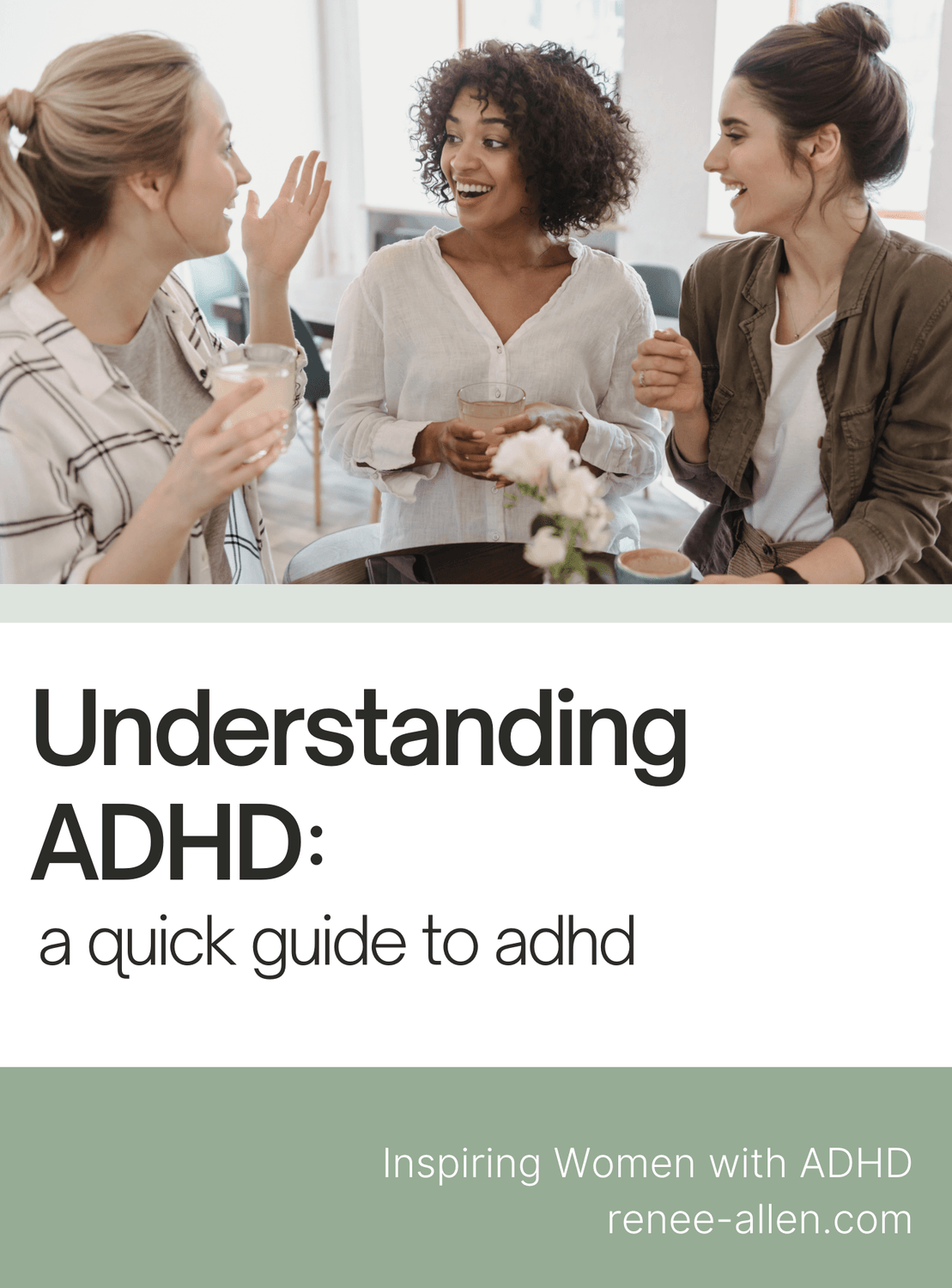The Hereditary Nature of ADHD
The Hereditary Nature of ADHD
More and more, women are finding out they have ADHD as adults, most often after their child is diagnosed with ADHD. When a child is diagnosed with ADHD, the doctor will often ask if the mother or father has ADHD or recommend they get tested.
ADHD in Families
ADHD is highly hereditary and if a child has ADHD, experts say there's a 30-40% chance a parent has ADHD a well. If you're wondering what the difference is between ADHD and ADD, the terms have changed over the years.

The Evolution of ADHD Terminology
During the 1980s, the name “Attention Deficit Disorder” (ADD) was defined as attention deficit disorder with or without hyperactivity by the American Psychiatric Association (APA) in the 3rd edition of the Diagnostic and Statistical Manual of Mental Disorders (DSM III)
In 1987, there was a revised edition of DSM III and the diagnosis changed to “Attention-Deficit Hyperactivity Disorder” (ADHD) which includes these symptoms - inattentiveness, impulsivity, and hyperactivity, but there were no sub-types of ADHD.
Many continued to use the ADD term (and still do), but it hasn't been an official term in the US since 1987.
In 2000, the DSM-IV included 3 types of ADHD
Inattentive Type
Hyperactive-Impulsive Type
Combined Type
The Genetic Component of ADHD
Doctor Russell Barkley, says if a child has ADHD, there’s a 25% to 35% probability that a sibling has ADHD. The genetic link is even stronger in twins- between 78% to 92%.
25-35% of parents of ADHD children are adults with ADHD, 25-50% of siblings of children with ADHD have ADHD, and 70-92% of identical twins of a child with ADHD have the disorder.
ADHD can definitely run in families.
Researches indicate that approximately 20% of mothers and nearly one-third of fathers of kids with ADHD may also have ADHD.
Strategies for Managing ADHD
Learning about ADHD is crucial for families who are dealing with ADHD. Some strategies that can help your family support each other in managing ADHD:
Establish a structured routine to provide consistency.
Use reminders and organization tools, like alarms or sticky notes.
Engage in open conversations about ADHD, normalizing the experience.
Encourage self-advocacy and understanding among family members.
Working together to help those in your family with ADHD not only supports those who need it, but also help everyone else in the family because life will go more smoothly.
Embracing Our Unique Brains
Grappling the hereditary nature of ADHD can change the lives of families. It is an entrance to communication about common experiences and becomes the right way to see the difficulties many people experience in their daily life.
Through the acceptance of our special brains and the various ways that they act, we can pave a path for the creation of an environment that is emotional support and that encourages power and wisdom.
Moving forward with our journey of discovery concerning ADHD and its effects on our life, let us not forget that our company in this is never the sole one.
There are numerous who have gone through the same difficulties and it is only through working hand in hand that we would join forces to walk the ropes belonging to ADHD with understanding and experience.
Final Thoughts
Understanding that more than one person in your family may have ADHD is important to know. ADHD can show up in different ways and knowing the likelihood of more than one person in the family having ADHD can help support as many of you as need it.
— Renee
Get your free ADHD Guide


Download your Free ADHD Guide
Get your free guide
find me @inspiringwomenwithadhd










